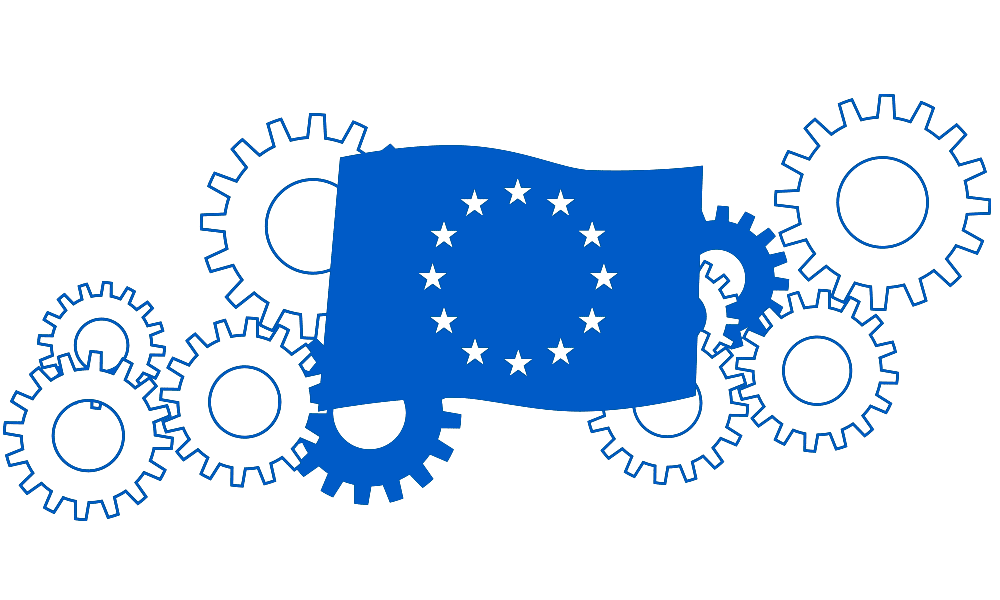Eye on Europe
Views and insights from around the “old continent” and the European Union’s engine room in Brussels

Views and insights from around the “old continent” and the European Union’s engine room in Brussels

The Nord Stream 2 pipeline project is in danger of being derailed.
What the EURO 2016 soccer championship tells us about the state Europe is in.
Angela Merkel keeps pushing for a European solution to the refugee crisis, but discord remains.
A conversation with the OSCE Secretary-General on the international organization’s strengths and weaknesses.
Europe’s new year has started ignominiously – and fears are growing about whether the continent will be able to manage the refugee crisis.
Berlin has emerged as the continent’s de facto leader – but what does this mean in 21st century Europe?
The giant consensus machine that is the EU is still running smoothly enough, but Europe – and Greece – will continue to suffer from the euro’s flawed construction.
Germany is facing intense criticism for its handling of the Greek crisis. However, few remember the obstacles the Merkel government had to overcome to reach an agreement with Athens and keep the eurozone together.
Greece needs to make reforms if it is to return to growth, and it is more likely that this will happen inside the euro than outside. The key is to reactivate a logic that has worked many times: solidarity in exchange for reforms.
Has anybody counted how often the headline “Now Grexit is unavoidable” has popped up in the media over the last few months? In fact, the ongoing Greek debt crisis is predictable only in its unpredictability.
Seen from the other end of the Atlantic, the solution to the euro crisis always seemed obvious to some – not least NYT columnist Paul Krugman. Yet the Nobel Prize-winning economist has been wrong on virtually everything he has said about European fiscal policy.
Even as the future of the European Union’s neighborhood remains under threat, a few developments on the EU periphery – in Ukraine, Romania, and Serbia – show that civil society and rule of law are making inroads in post-Communist kleptocracies.
An impending June decision by the EU’s Court of Justice will likely tip the balance between free trade and fundamental rights. Arguments were heard last week in Luxembourg in a privacy rights case lodged by Max Schrems, an Austrian law student, against five international tech giants.

